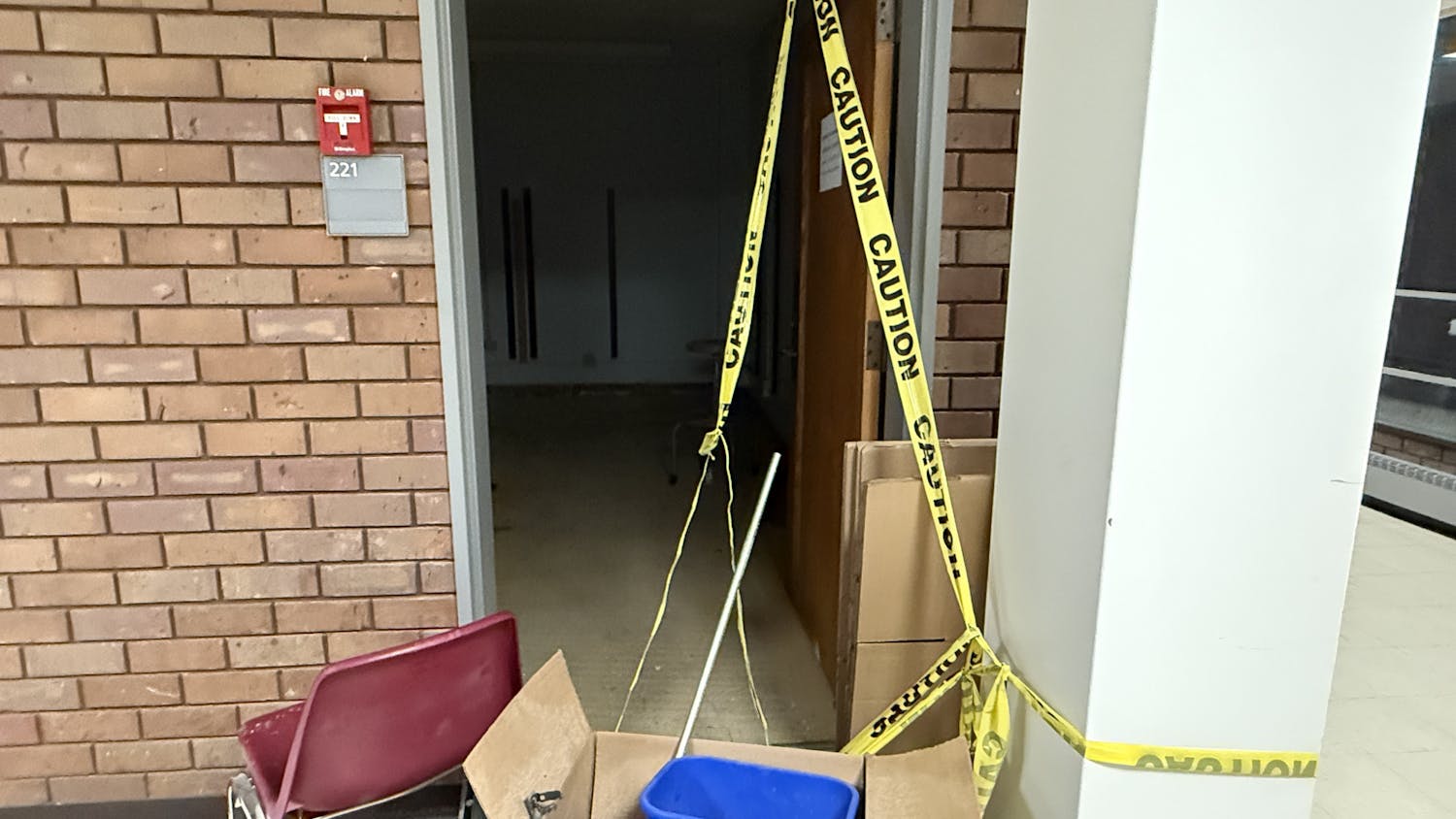One point two percent of UB students have been diagnosed or treated for bulimia and 1 percent have been diagnosed or treated for anorexia, according to UB’s Spring 2013 National College Health Assessment Survey.
But Janice Cochran, dietitian and coordinator of nutrition and physical activity at Wellness Education Services, said the actual number of students dealing with eating disorders is much higher. A lot of students just don’t seek treatment.
Up to 30 million people of all ages and genders suffer from an eating disorder, according to the National Eating Disorders Association (NEDA). And eating disorders can especially arise for college students due to “changes and adjustments” and overexposure to media, according to Carissa C. Uschold, licensed clinical social worker in Counseling Services in Richmond Quad.
“We are overloaded with thousands of images and attachment to self worth comes from that,” Uschold.
UB’s Counseling Services and Wellness Education Services provide several services and programs to educate students on healthy eating – whether they are suffering from an eating disorder or just looking for a healthier diet.
Uschold is part of the Eating Disorder Team on campus, which consists of counselors from Counseling Services who provide treatment from a multidisciplinary approach. She said this is the most effective approach.
“Bold intervention can lead to a fast recovery,” Uschold said.
According to Uschold, it is important “to teach people that their self-worth is based on who they are on the inside, not on the outside.” She suggests talking about emotion and effective coping is essential as well as understanding that the media is not real life.
Uschold also suggests making the media more realistic, eliminating Photoshop and early education intervention would help to resolving the issue. She emphasized the need to change “fat talk,” which happens everyday along with size discrimination.
In Richmond Quad, Counseling Services provides therapy to help students with their patterns and behaviors and offer effective coping and individualizes each student’s needs.
Cochran suggests some of the few ways to prevent eating disorders during a time that’s most stressful for college students is to “model good habits, not being body critical, appreciating people for who they are – their innate strengths and qualities – modeling healthy coping mechanisms and encouraging fellow students to seek support to help them manage their stress.”
In February, there will also be Eating Disorder Awareness week at UB through NEDA.
Cochran also stressed the importance of modeling a healthy lifestyle. According to Health and Wellness data, only 6.1 percent of UB students self report meeting the daily target of fruit and vegetables.
“Healthy eating is more about what you eat than how much you eat,” said Justin Strudler, a sophomore psychology major. “As a vegetarian, it is sometimes hard to find a truly nutritious diet because sometimes I just replace the protein I’m losing with carbs. It is a constant struggle.”
Eating mindfully is emphasized in Wellness Education Services and counseling programs such as “Eat Better Together,” where students cook and eat along with other UB students.
There are also “Snacking Tuesdays,” where free healthy snacks are offered in Wellness Education Services and other locations on North Campus. Other programs include yoga and distinguished speakers.
Resources such as books and videos are available at the Wellness Suite in 114 Student Union.
There is also a 3-credit class offered next semester called Food and Environment where students “learn the carbon footprint of your food.”
“The end goal is to develop healthy eating habits that are supportive of healthy weight, supportive of full mental functioning and the best health,” Cochran said.
Hannah Stein is a contributing writer and can be reached at news@ubspectrum.com





